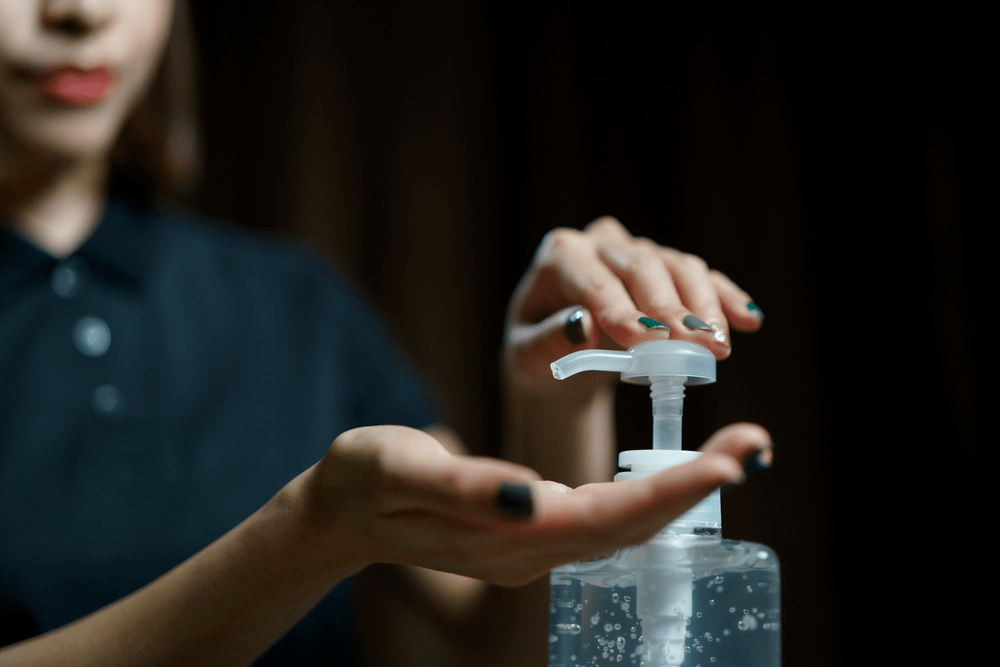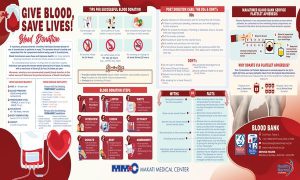Sanitizers and disinfectants have become widely used due to the COVID-19 global health crisis. Chances are, these products are at the top of people’s grocery lists whenever they head out to stock up on their essentials. However, as much as these household products keep us clean and prevent transmission of the virus, excessive use of these can be harmful.
Let’s have a look at some of the most common cleaning products and disinfectants people use and its adverse effects when overused.
Hand Sanitizer
When the coronavirus started spreading, people were advised to wash their hands properly and frequently to get rid of germs and prevent the transmission of the virus.
When they cannot use soap, alcohol-based hand sanitizers with at least 60% alcohol content serve as a great alternative, especially when running errands. Even so, too much alcohol can have adverse effects on the skin and body.
- Skin irritation – Excessive use of hand sanitizers, which contain chemicals such as alcohol, chlorhexidine, chloroxylenol, and triclosan, can cause irritation as it strips away the skin’s natural oils. When the skin’s natural moisture barrier gets disrupted, it becomes more susceptible to bacteria.
- Dry and broken skin – The alcohols present in hand sanitizers include isopropyl, ethanol, and n-propanol, which can dry and damage skin cells. When this happens, the risk of getting contact dermatitis is higher.
- Antibiotic resistance – There is an active ingredient in hand sanitizers called triclosan, which is in charge of the development of antibiotic-resistant bacteria. When you use hand sanitizers way too often, bacteria and other pathogens start to build up resistance to antibiotics, making you more at risk for infections.
- Harmful unknown ingredients – A lot of hand sanitizers are made with chemical fragrances, which some manufacturers do not indicate on the label. These fragrances can be irritating to those with sensitive skin and cause allergic reactions, as well as cause hormone disturbance in the body.
- Weakens the immune system – A human body that is exposed to a clean environment early in life can have a weaker immune system later in life. A study showed that high levels of triclosan in children and teens made them vulnerable to allergies and hay fever.
Disinfectant Sprays
COVID-19 spreads not only through person-to-person contact but also by touching a surface or object that has the virus on it and then touching the mouth, nose, or eyes.
Disinfectant sprays are one of the go-to cleaners people use in their homes. Lysol, for one, claims to kill 99.9% of fungi, viruses, and bacteria. Although it sounds completely safe, disinfectants can bring serious health risks if not used properly.
- Eye and skin irritation – Direct exposure to the eyes may result in irritation and redness. Likewise, prolonged or frequent exposure to disinfectants can cause skin conditions like chronic drying of the skin and dermatitis for those with sensitive skin. Thus you may want to visit an eye center.
- Liver damage – Some disinfectants contain ethanolamine, which functions as a pH adjuster to keep the disinfectant stable. When exposed in large doses, this chemical can harm the kidneys and cause liver disease.
- Respiratory conditions – Inhaling small particles of disinfectants meant for cleaning surfaces can cause coughing and may impair respiratory functions.
- Central nervous system effects – Overexposure or excessive inhalation of disinfectant sprays can cause headaches and dizziness. Moreover, the ingestion of disinfectant spray solution may cause nausea and vomiting.
- Cardiac reaction – Some disinfectants contain butane, a highly flammable compound which helps the product spray out of the canister. If a person accidentally consumes or inhales too much of the product, it may result in serious cardiac effects.
Bleach Spray
Another cleaning product that is said to protect people from contracting COVID-19 is bleach spray solution. People often resort to homemade bleach spray solutions when stores run out of commercial disinfectant products and alcohol. However, it is no secret that bleach is a hazardous chemical. Understanding how dangerous it is can help keep families at home safe from these harmful effects.
- Eye and skin irritation – Excessive exposure, especially if it is a concentrated chlorine-based solution, can harm the skin and eyes. Bleach can also irritate and burn the skin. Worse, it can cause skin pigmentation and permanently impair tissue. If it gets in the eyes, severe irritation can occur and may result in permanent tissue and vision damage if not rinsed out completely.
- Chronic obstructive pulmonary disorder (COPD) – COPD is a lung disease that results from irritation to the airways. Disinfectants like bleach spray can raise one’s risk of getting COPD by up to 32% if they clean with bleach at least once a week.
- Asthma – Frequent exposure to bleach can cause breathing difficulties for individuals who already have asthma. Bleach is an asthmagen, and research shows that people who are exposed to bleach regularly can develop asthma over time.
- Respiratory conditions – Bleach and other disinfectant fumes are good at cleaning surfaces, not your lungs. Thus, breathing in harmful amounts can damage your respiratory tract.
- Lightheadedness – One of the signs of inhaling harmful amounts of chlorine bleach is when a person starts to feel lightheaded or experience breathing problems. This indicates that the product contains corrosive chemicals.
Use Cleaning Products with Care
It is okay to use cleaning products, but do not depend on them entirely for cleaning your home and protecting yourself from bacteria and viruses like the coronavirus. It is vital to understand the harmful effects of the products you are using and remember to open your windows and doors to prevent inhaling too much of the toxic fumes.
Wear protective gear like masks, goggles, and gloves when handling these chemicals, and make sure to prepare the prescribed amount for DIY solutions.
Improper use of cleaning products can pose health risks. If you experience any discomfort in your body after using one, reach out to your doctor for treatment. Likewise, do not hesitate to contact Makati Medical Center for any health concerns.











